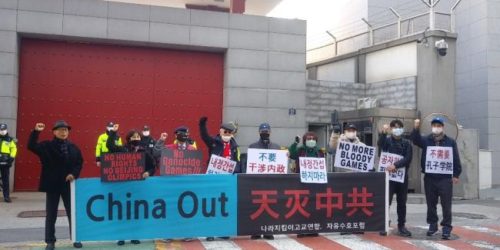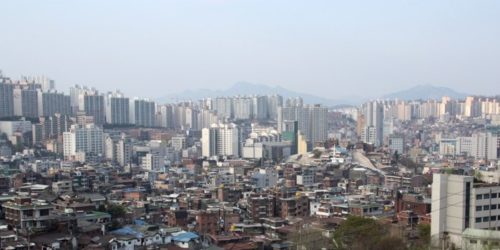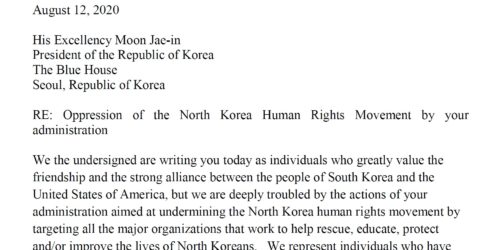Pay Cut for South Korean Navy Sailors
2020-7-28, Tara O
Starting this month (July 2020), the Republic of Korea (ROK) Navy decided to reduce the maximum overtime hours for the sailors below company grade officer level, citing a budget shortfall from the Coronavirus. Sailors often work overtime, especially when deployed on a ship.
A petition surfaced on the Blue House Petition website on July 20, 2020 by “a family member and friend of the proud Republic of Korea Navy.” It states (part of the petition):
“It is said that overtime up to 57 hours [a month] was approved and was paid, but due to a lack of budget from COVID-19 expenses, the maximum overtime would be reduced to 28 hours on ship and 10 hours on shore starting this month.
“I know all citizens are having difficulties due to COVID-19. But aren’t the military and their families also having difficulties? How can the government reduce the monthly payment that we rely on for our livelihood, while not allowing leave, but reduce the payment for the leave not taken, saying it is because of the lack of budget due to the payment of disaster subsidies (payments to the citizens for Coronavirus)?
It is the soldiers/sailors who are most impacted by COVID-19 and the budget shortfalls due to COVID-19. The base is quarantined, and because they’re military, they have to be much more careful than others, and even our families’ daily lives are not working properly.
During this difficult time, instead of boosting the morale of these military members, how can [the government] make them feel skeptical about being in the military and make them think about leaving the military?
Even after the Korean War, there have been numerous provocations from North Korea, but our troops killed by the North Korean attacks were mostly Navy and Marines. Despite the country not being in wartime, the same provocations can happen anytime, anywhere.
These military members are precious sons or daughters to someone, the head of a family, or a loved one in a relationship. While giving up their time with their families and loved ones, even when they are afraid that at any time, any place, they can lose their lives and their bodies never be found, they risk their lives to protect the country. They already sacrifice so much. How much more will [the government] take away from them in the name of COVID-19?
In the case of the Navy, it is common to go out for more than two weeks a month for deployment, so it is common for families with babies and toddlers to not recognize their father or mother.
Nevertheless, the government acknowledges only 4 hours of overtime work per day, and 57 overtime hours per month, even if they are deployed for an entire month. But, now even this will be cut in half…”
According to YTN, the maximum hours allowed were 67 hours, which are reduced to 38 hours for sea duty and 20 hours for shore duty starting this month. The above hours are slightly different, indicating the lower number of hours indicated in the Blue House Petition may be a more routine practice, pointing to an even greater budget shortage problem.
If the pay continues without the new changes, then the military would face a ₩23 billion ($19 million) budget shortfall.
As a reference, the government budget has been surging dramatically in the past 3 years, with the budget for 2020 of ₩512.3 trillion ($432 billion) referred to as the “Super Budget,” the largest budget in South Korea’s history, filled with numerous pork barrel projects for the ruling party and its smaller coalition parties. The 2020 budget increased by ₩42.7 trillion ($36 billion), a 9.1% increase from the 2019 budget of ₩469.6 trillion ($396 billion). The pork barrel budget of ₩1.1 trillion ($923 million) was shifted from other parts of the budget to Gwangju and Jeolla Provinces to reward the politicians, including ₩56.7 billion ($47.8 million) for the projects of then-lawmaker Park Jie-won (박지원) (newly appointed Director of National Intelligence Service).
The pay cut for the military will have various negative impacts, including low morale, decreased retention, and reduced readiness.





